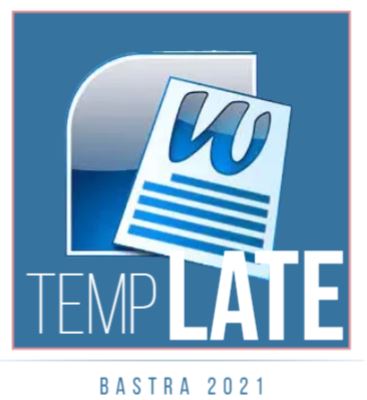PENINGKATAN KEMAMPUAN MENULIS DESKRIPSI MELALUI METODE PEMBELAJARAN TERPADU PADA MAHASISWA PRODI DIKSASINDO FIB UB
Keywords:
writing descriptive, integrated learning methodAbstract
This research focused on improving descriptive writing skill. This research occupied classroom action research. The research data are qualitative data and quantitative data. The data sources from this research are obtained from the preliminary study stage, method implementation stage, the scoring during the implementation stage, the scoring after the implementation stage. To collect the data, the researcher utilized three techniques, they were observation, document analysis, and documentation. The data analysis process on classroom action research were data reduction, data serving and concluding, and data verification. From the research outcome and analysis, it can be seen that improving students’ descriptive writing skill can be gained by applying integrated learning method. The result of the research in the first cycle did not meet the researcher’s target yet, that was why the researcher conducted the second cycle and revising the lesson plan to be better, and surprisingly, the result on the second cycle has met the target. To conclude, the integrated learning method can boost students’ study mood to be actively participated and think positively in exposing their idea through writing descriptive.
Downloads
Published
How to Cite
Issue
Section
License
Authors who publish with PENTAS agree to the following terms:
Authors retain copyright and grant the Engagement right of first publication with the work simultaneously licensed under a Creative Commons Attribution License (CC BY-SA 4.0) that allows others to share (copy and redistribute the material in any medium or format) and adapt (remix, transform, and build upon the material) the work for any purpose, even commercially with an acknowledgement of the work's authorship and initial publication in BASTRA.
Authors are able to enter into separate, additional contractual arrangements for the non-exclusive distribution of the journal's published version of the work (e.g., post it to an institutional repository or publish it in a book), with an acknowledgement of its initial publication in BASTRA.
Authors are permitted and encouraged to post their work online (e.g., in institutional repositories or on their website) prior to and during the submission process, as it can lead to productive exchanges, as well as earlier and greater citation of published work (See The Effect of Open Access).

This work is licensed under a Creative Commons Attribution-ShareAlike 4.0 International License.








